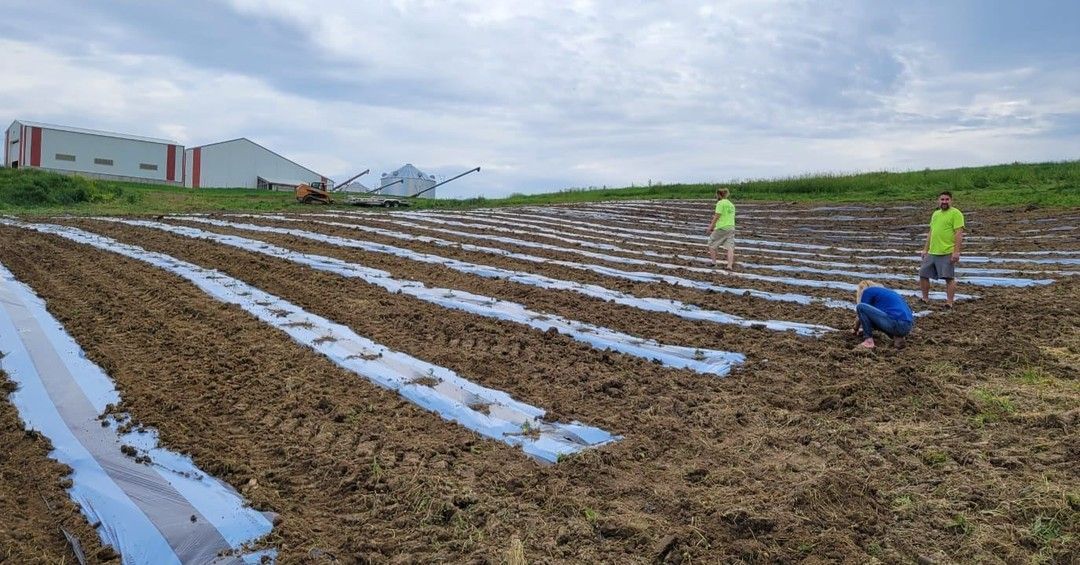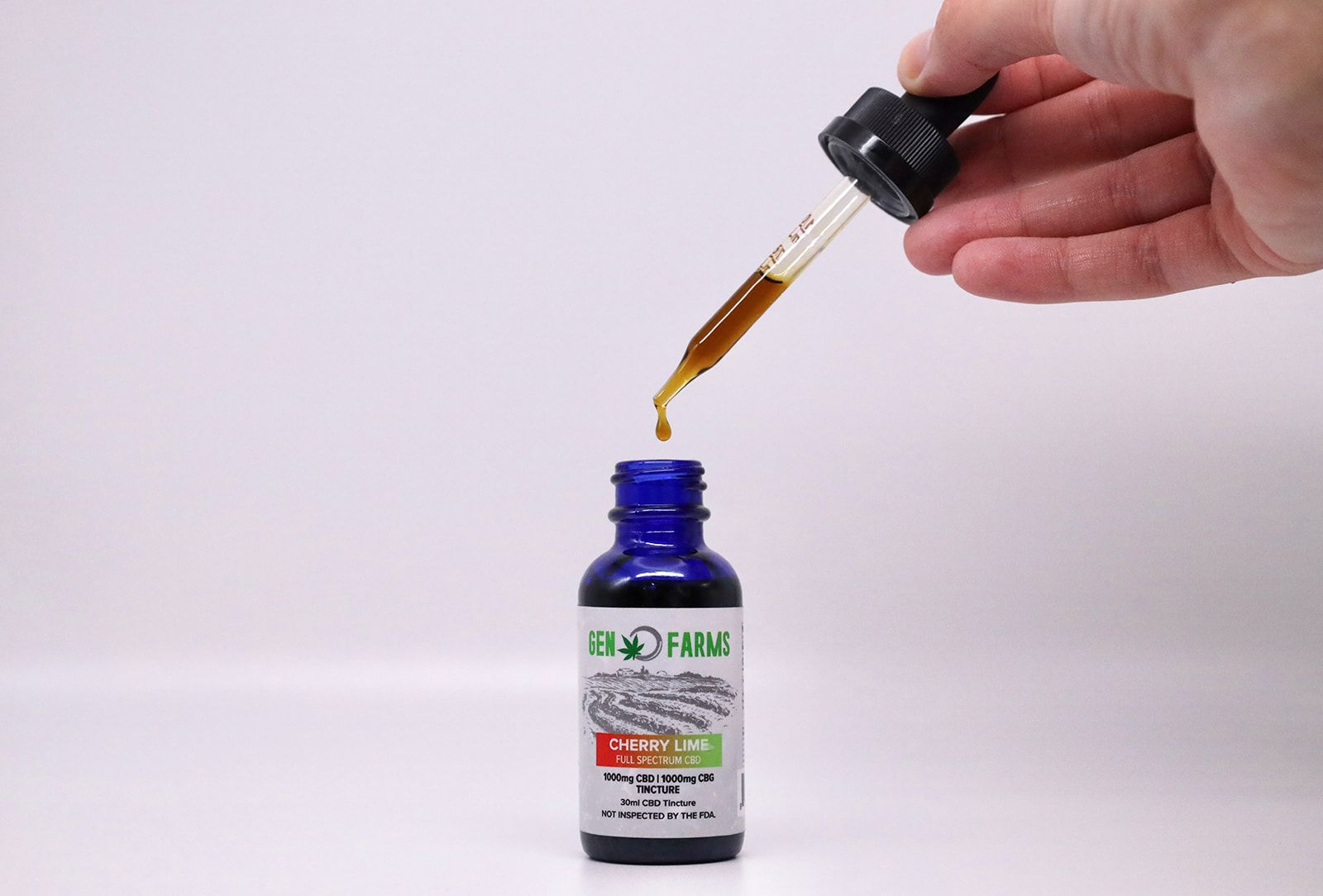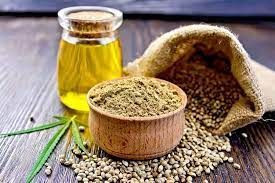Regenerating your soil

Hemp farming is a sustainable and environmentally friendly method of agriculture that offers a variety of benefits for our planet. Hemp is a versatile plant that can be used for a wide range of purposes, including textiles, paper, food, and even fuel. It can be grown for its oil(cannabinoids) as well. In addition to its many uses, hemp farming offers numerous environmental benefits that make it an attractive option for farmers and consumers alike.
First and foremost, hemp is a natural and renewable resource that requires minimal resources to grow. Unlike many other crops, hemp can be grown without the use of harmful pesticides or fertilizers, making it a safer and more sustainable option for farmers. Less water is needed for hemp than traditional crops. Additionally, hemp plants are able to grow quickly and densely, which means that they can provide high yields of raw material with relatively little land and water usage.
Another major environmental benefit of hemp farming is its ability to sequester carbon from the atmosphere. Hemp plants absorb carbon dioxide from the air as they grow, and this carbon is stored in the plant's fibers and leaves. This means that hemp farming can help to reduce greenhouse gas emissions and combat climate change. In fact, studies have shown that hemp plants can absorb up to four times more carbon dioxide than other common crops like wheat and corn.
Hemp farming can also help to improve soil health and reduce erosion. Hemp plants have deep root systems that can help to break up compacted soil and improve water retention. This can lead to increased soil fertility and productivity over time, as well as reduced erosion and soil degradation. Additionally, hemp plants can help to suppress weeds and other unwanted plants, which can further reduce the need for harmful herbicides.
Hemp is known to be a phytoremediator, which means it has the ability to absorb and remove toxins and pollutants from soil and water. The plant's deep root system and fast growth rate make it particularly effective at removing heavy metals, pesticides, and other contaminants from soil. This ability to remediate contaminated soil has led to the use of hemp in a variety of environmental remediation projects around the world.
Hemp has been shown to be effective at removing heavy metals such as lead, cadmium, and nickel from soil. In a study conducted in Italy, researchers found that hemp plants were able to significantly reduce the concentration of these metals in soil over the course of a growing season. Similarly, a study conducted in Poland found that hemp was effective at removing cadmium and lead from soil contaminated with mining waste.One of the most exciting aspects of hemp farming is its potential for use in sustainable and eco-friendly products. Hemp fibers can be used to make textiles, paper, and building materials, while hemp seeds can be used for food and fuel. Hemp-based products are often more sustainable and environmentally friendly than their traditional counterparts, as they are often made from renewable resources and require less energy and resources to produce.
Hemp farming can also play an important role in promoting biodiversity and supporting wildlife. Hemp plants provide valuable habitat and food for a variety of insects and other small animals, which can in turn support larger predators and contribute to healthy ecosystems. Additionally, hemp farming can help to reduce the use of harmful pesticides and herbicides, which can have negative impacts on wildlife populations.
Despite its many benefits, hemp farming still faces a number of challenges and obstacles. In some countries, hemp is still illegal or heavily regulated, which can limit its potential as a sustainable and profitable crop. Additionally, there is a lack of infrastructure and processing facilities for hemp, which can make it difficult for farmers to sell their products and compete with other crops.
Despite these challenges, however, the potential benefits of hemp farming are clear. By promoting sustainable agriculture and reducing our reliance on harmful chemicals and resources, hemp farming can help to build a more sustainable and resilient future for our planet. As consumers and citizens, we can support the growth of hemp farming by choosing eco-friendly and sustainable products made from hemp, and by advocating for policies that promote its growth and development. Together, we can harness the power of hemp to build a healthier, more sustainable, and more prosperous world for all.



